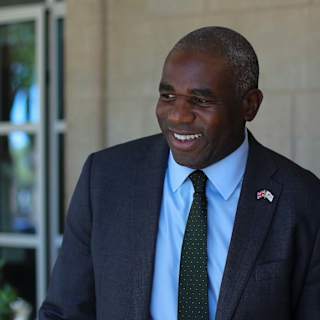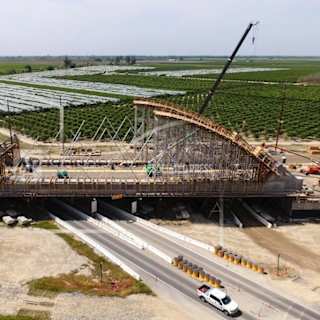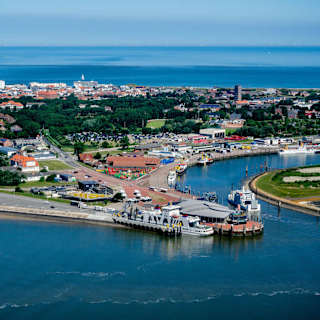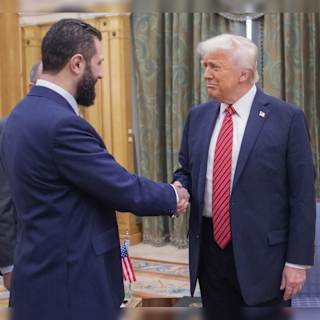- Iraq Railways Get Largest Share
- Post-Conflict Recovery Focus
- First Syria Support in Decades
The World Bank announced Wednesday it has approved more than $1 billion in financing for infrastructure and reconstruction projects across three Middle Eastern nations recovering from years of conflict and economic instability.
The multilateral lender allocated $930 million to Iraq for railway modernization, $250 million to Lebanon for post-war reconstruction, and $146 million to Syria for electricity grid restoration in what represents the largest coordinated investment package for the region in recent years.
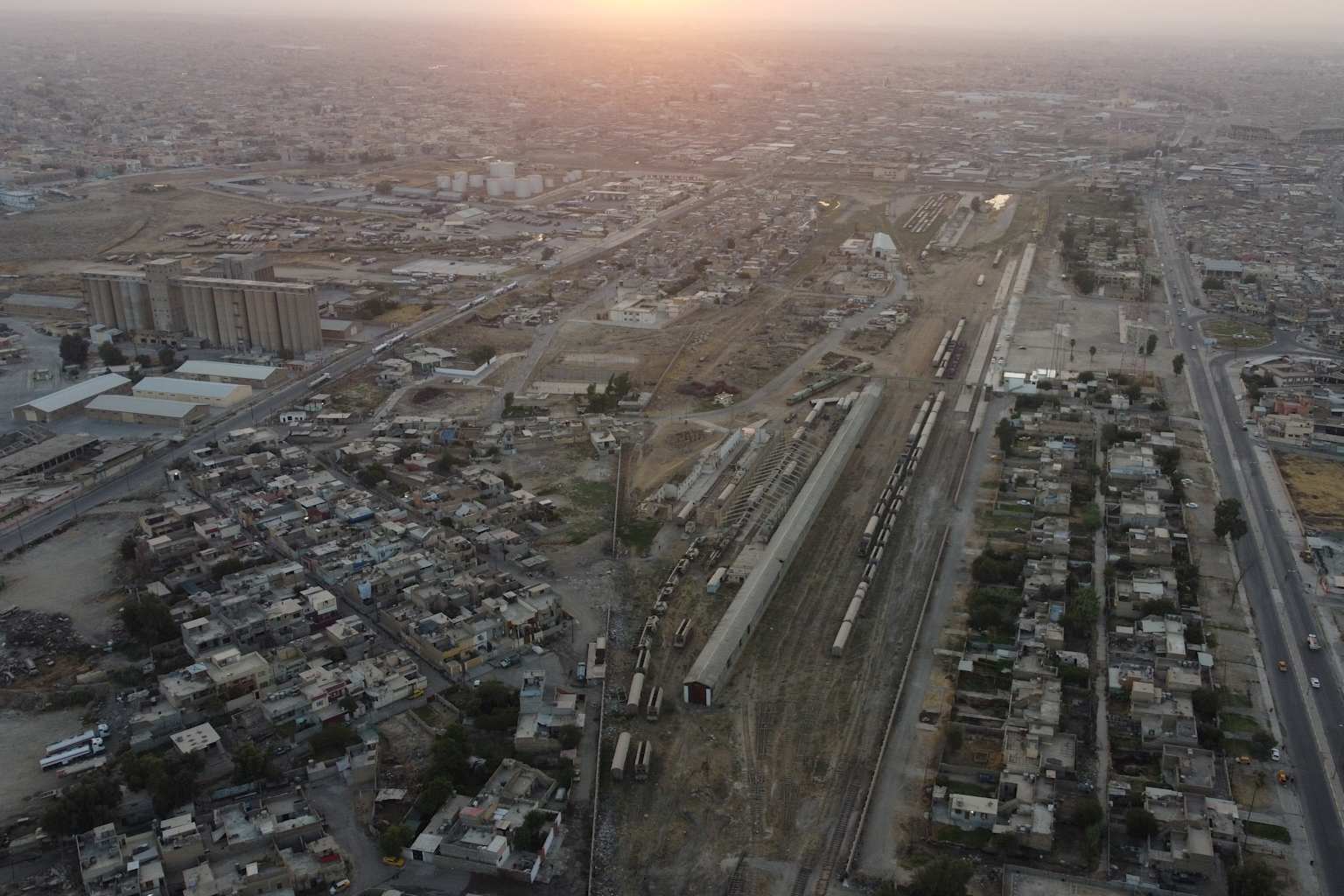
Iraq received the bulk of funding through the $930 million Iraq Railways Extension and Modernization Project, designed to enhance freight capacity and passenger services between the Umm Qasr Port on the Persian Gulf and the northern city of Mosul12.
"As Iraq shifts from reconstruction to development, enhanced trade and connectivity can stimulate growth, create jobs, and reduce oil dependency," said Jean-Christophe Carret, director of the World Bank's Middle East division12.
The project aims to rehabilitate approximately 650 miles of existing railway infrastructure and is expected to create nearly 22,000 jobs annually by 20403.
Lebanon's $250 million allocation through the Lebanon Emergency Assistance Project addresses reconstruction needs following the devastating Israel-Hezbollah war that ended in November. The World Bank previously estimated total reconstruction costs at around $11 billion12.
Lebanese Prime Minister Nawaf Salam called the project "a key step in reconstruction by responding to damage to critical infrastructure and essential services in war-affected areas"31.
Syria received a $146 million grant from the International Development Association to restore its electricity sector through the Syria Electricity Emergency Project. Years of conflict have limited electricity supply to just two to four hours daily, undermining critical sectors including healthcare and water services45.
The Syrian funding marks the World Bank's first project in the country in almost 40 years, according to Syrian Finance Minister Yosr Bernieh1. Carret described electricity rehabilitation as "a critical, no-regret investment that can improve the living conditions of the Syrian people, support the return of refugees and the internally displaced"2.
The Lebanon project is structured as part of a $1 billion scalable framework, allowing additional financing from other development partners under a unified implementation structure3. Syria's finance minister expressed expectations that the country could receive up to $1 billion annually in grants within three years4.
